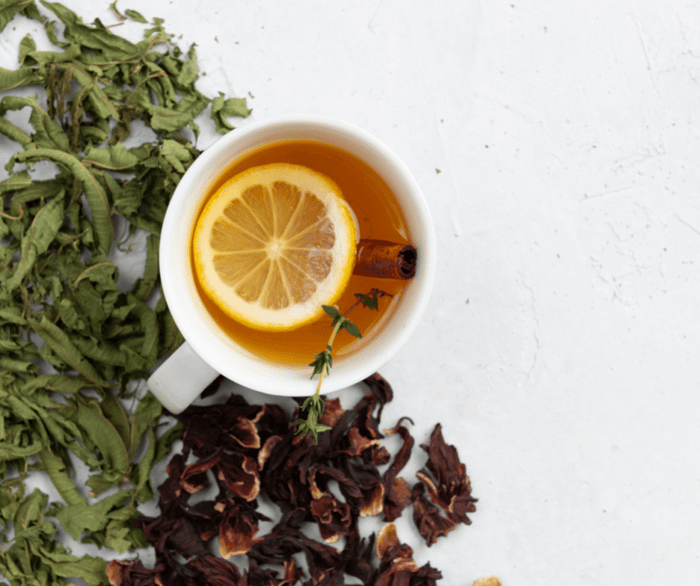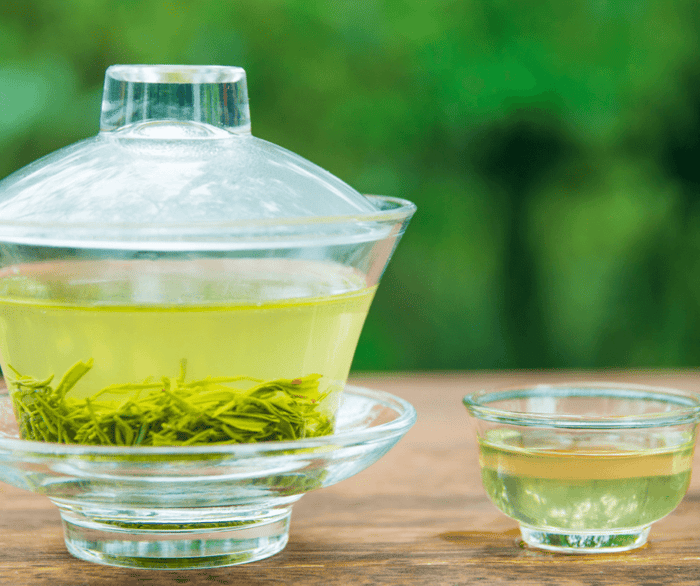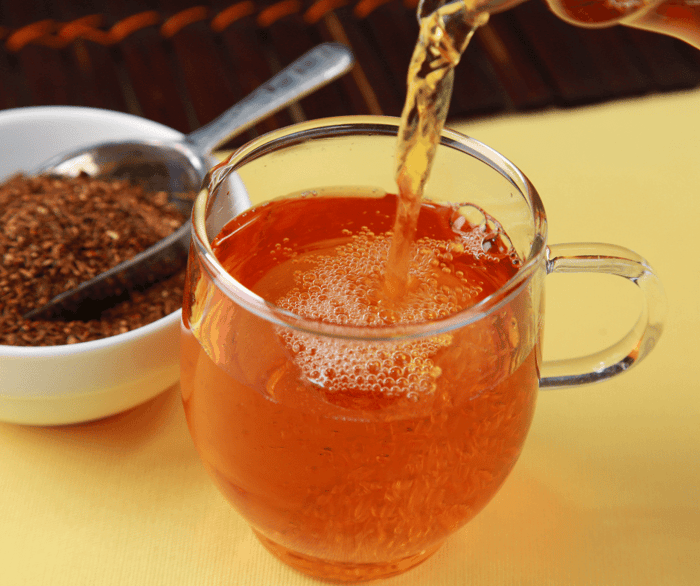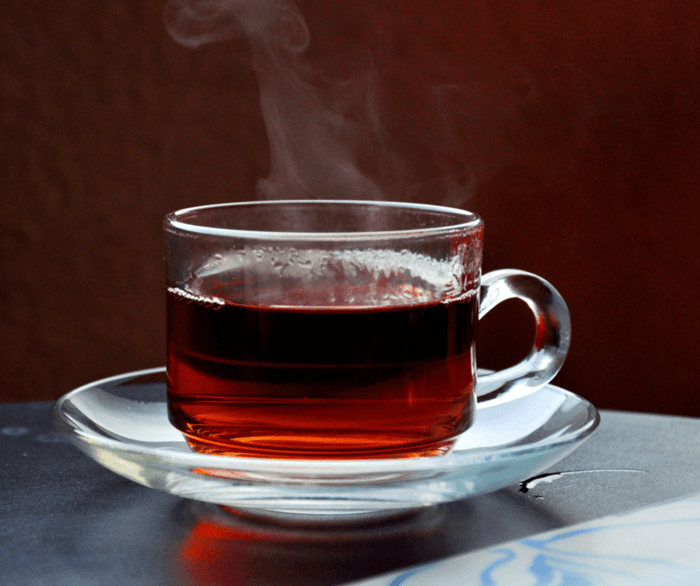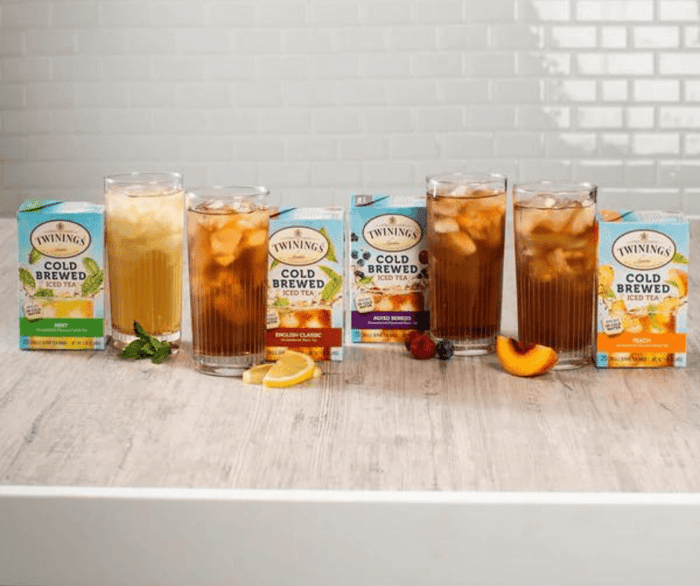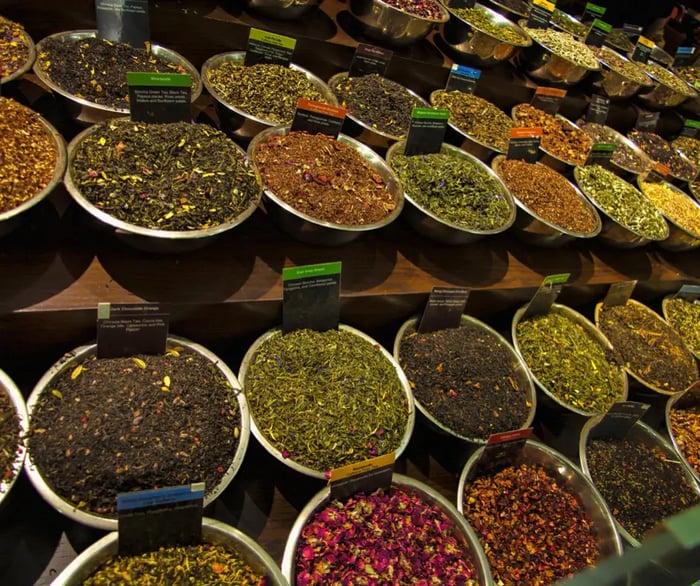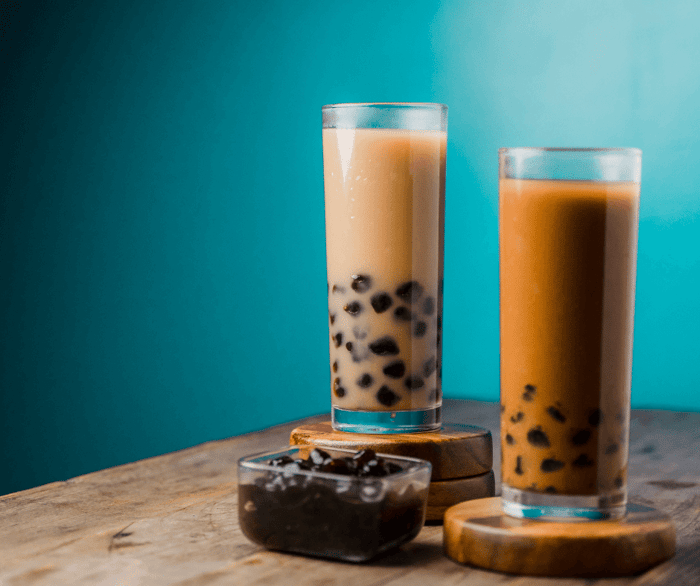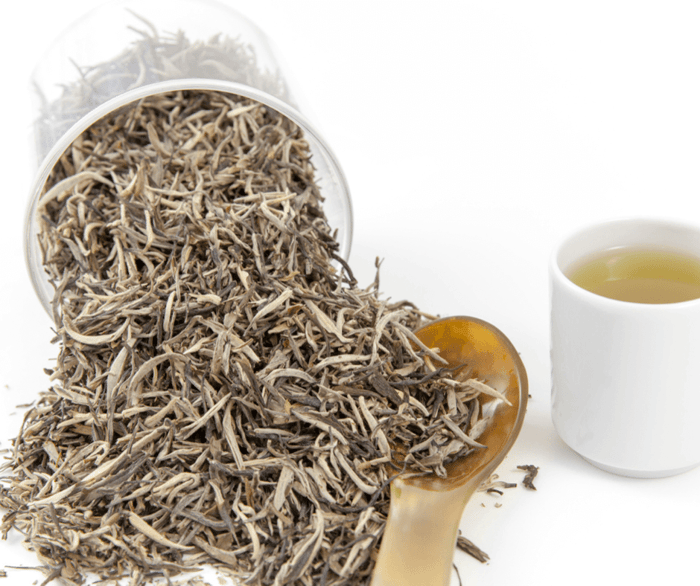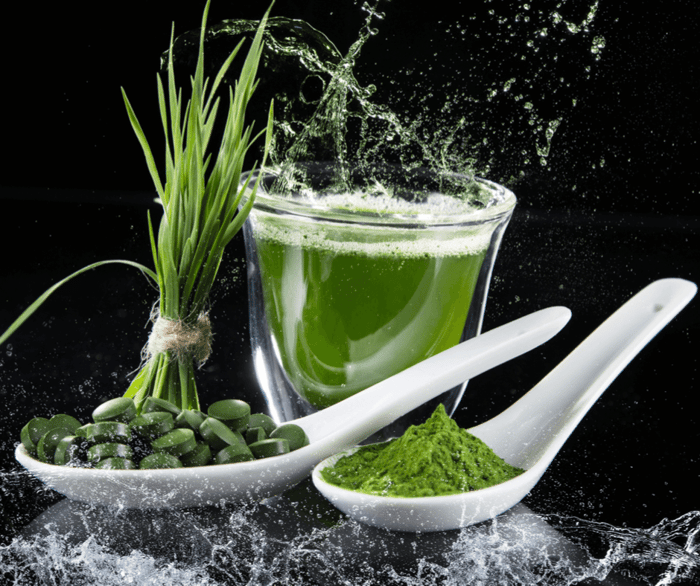My tea journey began with a love of all things herbal. I would drink peppermint tea to soothe my stomach, chamomile tea to relax before bed, and ginger tea when I felt sick.
What I didn't realize the whole time is that these teas—while delicious and having a number of benefits—weren't actually tea.
Although we all call herbal teas "tea," they're not actually related to true teas, which are all made from the camellia sinensis plant.
Herbal teas, on the other hand, are an entirely different animal (well… plant).
What are they, exactly?
Herbal teas are less commonly, but more accurately called herbal infusions. They’re even less commonly referred to as “tisanes”—a word that almost no one actually uses.
They can be made from a huge variety of plants, and sometimes an individual herbal tea is even made of a combination of plants.
Despite not containing actual tea plant leaves, and therefore not necessarily having the exact same antioxidants and other compounds found in green, black, and white teas, herbal teas still offer a variety of health benefits.
For example, chamomile tea is often used as a natural remedy for insomnia, while ginger tea is known to help with nausea. Peppermint tea can boost your energy and focus, while tea made from dandelions is documented to help promote liver health.
While true teas have potent health benefits, being made from the same plant, their health benefits tend to be more consistent. Herbal teas, on the other hand, can offer a more varied range of benefits depending on what plants they're made from.
And—because almost all herbal teas don't contain caffeine—they can generally be enjoyed at any time of day without impacting your sleep. Notable exceptions include yerba mate, guarana, and some citrus plants—though if you want to be extremely technical about it, even coffee can be considered an herbal infusion!
Naturally, being made from so many different types of plants, each type of herbal tea has its own distinct flavor. An herbal tea’s flavor is further impacted by variables like the part of the plant used, when it was harvested, and how it was processed.
One of the beauties of herbal teas is that they’re easy to enjoy for their flavor alone, without adding sweeteners or other ingredients. Of course, you can always add a bit of honey, sugar, or milk to your tea if you like, but it's generally not necessary.
Herbal teas are usually made to be enjoyed with just hot water, and nothing else required.
So therefore, if you're looking to add some flavor to your water without adding calories, herbal tea is also a great option—and there are endless flavor combinations to choose from!
Common Herbal Tea Varieties
Some popular varieties of herbal tea include:
As you can see, there’s a wide spectrum of flavors and variations of herbal teas to choose from. If you've tasted some of these flavors before—and I'm guessing you have—you know how different peppermint is from, say, lavender. Dandelion is also quite different from ginger, and so on.
The next time you're in the mood to try a new tea, remember that while herbal teas are not technically tea, they still might be your cup of tea, so to speak.
These “herbal infusions” are delicious, healthy, and worth trying out for both the variety of flavors and the wide variety of potential health benefits that are available.
Browse our collection of the best herbal teas to find your perfect flavor—and experience something completely new!
Want More Coffee Content?
- Daily Coffee Grind - Click Here
- Coffee Reviews - Click Here
- Coffee Brewing Guides - Click Here
- Coffee Brewer Reviews - Click Here
- All Things Tea - Click Here
- How Much Caffeine Is In It? - Click Here

